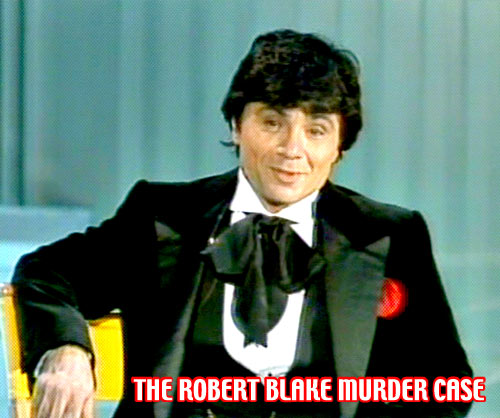

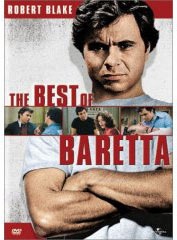
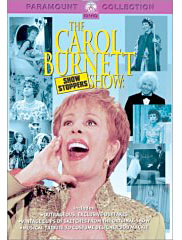
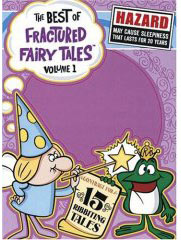
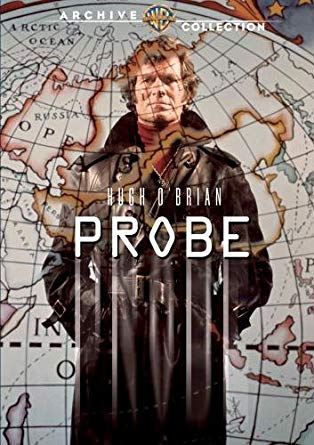
 |
 |
 |
 |
 |
 |
|
|
Hit Shows of the Seventies: Hitchhiker's Guide to the Galaxy / Gene Roddenberry in the 1970s / Star Trek Animated / Dark Shadows Movies / The Music Dark Shadows / 1970 TV Shows / Mike Connors Remembered / Mike Wallace, Virginia Graham & Jim Longworth / Dick Clark / Fall Previews of the 70s / Lance Link, Secret Chimp / Star Wars Holiday Special / Alias Smith and Jones / 1977 Year in Review / Top Ten 1970-76 / The Rockford Files / All in the Family / Sam Hall (Dark Shadows) Interview / Actor Ed Nelson / Death of Archie / Battlestar Galactica / Wonder Woman / Network Jingles / Class of '74 / Happy Days / Good Times / Mr. Bill / Dinah! / Maude / Doris Day Show / Pamelyn Ferdin Interview / The Bicentennial Minute / Jingles & Catch Phrases of the 1970s / Early Cable TV 1970s / TV commercials for Women / TV Moms / Country Music TV Shows of the 1960s & 1970s / Betty White Show / Rodney Dangerfield / How Sanford & Son Ended / Sanford & Son Spin-Off Grady / Great Memoirs / Virginia Graham Show / The "N" Word on TV / 10 Classic Comedy Routines You Have To Laugh At Before You Die / Hollywood Squares / 1970's Teen Idols & The Hudson Brothers / Unsold Pilots / Jackie Cooper / The Good Guys / Match Game / Mannix & Gail Fisher / Bette Midler in the 1970s / Bonus 1970's Stuff: Silent Star Marion Mack / Biff Burger / 1970s Fast Food Chains / Latin Casino |
In May of 2001, things took a turn for the worse for sixty-eight-year-old Robert Blake with the shocking murder of his new bride. The finger of blame was pointed straight at him from the very beginning. HOW DID IT COME TO THIS? Blake began his career in 1939 at age six playing Mickey in MGM's Our Gang comedies (credited on screen as Mickey Gubitosi), rounding out the '40s portraying the plucky Indian boy "Little Beaver" in another popular movie series, Red Ryder. Young Robert Blake made seven to twelve films a year for eight years straight, but, all during that time, the youngster led a desperate life - the victim of a drunken, violent stepfather who would beat him and his brother, sister, and mother mercilessly at night. As he grew into his teens, movie roles came much less frequently. In his twenties, Robert Blake moved into television where he could pick up supporting roles on shows like Fireside Theater. He became a frequent guest on the many western series of the '60s, just as his Red Ryder theatrical shorts and Our Gang comedies were finding new life in TV syndication. In 1963, Robert Blake was cast as a regular on The Richard Boone Show, a one-hour anthology. Boone had just come off a very successful run on CBS with Have Gun, Will Travel and Blake was a guest star during the last season. The Boone show lasted only one year, so Blake went back to western guest shots and small movie roles, finally gaining the respect of the acting community with his rivoting performance as the psychotic killer in the motion picture In Cold Blood in 1967 and with a strong part in Tell Them Willie Boy Is Here in 1969. As the '70s unfolded, so did the actor's addictions. "I was strung out on heroin for two years, stole, smashed motorcycles into trees, boozed, ate pills by the handful," Robert Blake once confessed. "Self destruction? I could write a book." TV STARDOM In 1974, Tony Musante made the decision not to return for a second season of his ABC cop series Toma. He didn't care for the weekly series grind, so producer Jo Swerling, Jr., signed Robert Blake to take over the role. The series was to be retitled Toma, Starring Robert Blake.
On the effective but highly ironic pilot episode, detective Tony Baretta must cope with the killing of his new wife outside of an Italian restaurant. But then, all the TV detectives got their start by having someone die in their arms, didn't they? It was the only way to elicit audience sympathy for a character who's basically running wild in the streets with a loaded gun, shooting at whomever he pleases in the course of running his "private detective" business. Baretta debuted mid-season in January, 1975 and was an immediate winner, at least by '75 ABC standards. A subsequent Emmy win that year for the actor put Robert Blake on top of the world.
"The guild says you gotta have a director, so you stick a director in the chair," Blake arrogantly stated in 1976. "It's like sticking a broomstick in the chair. The show directs itself, anyway." Blake was further quoted in Esquire as saying this about his employers: "Here at Universal, nobody listens and nobody cares. As far as most people are concerned, they just as soon turn out Perry Mason or Donald Duck, it don't make no difference. 'Cause once you sell the hour, as long as it's on the air, it don't matter. You're on the air or you ain't on the air."
Solidly in the top ten for the 1976 - 77 season, Robert Blake announced he would not return for a fourth year of Baretta because of a contract dispute with Universal. The studio, faced with losing one of its top productions, acquiesced. With an offer of more money and control over every aspect of the program, Blake decided to return. Blake was finally handed what he battled so long and hard for, but ratings went south as soon as the 197778 season got underway. When ABC moved the show from its Wednesday-night lineup to Thursdays, numbers continued to dip. Less than a year after his victory over Universal, Baretta was canceled in 1978. Robert Blake's marriage dissolved soon after. To many observers, Robert Blake's confrontational nature and admitted substance abuse led to the early demise of the series. Because of his erratic behavior, Blake found subsequent TV work difficult to find. "Don't do the crime, if you can't do the time," the industry seemed to be saying as the doors slammed shut.
Because of his reputation, in order to get the Hoffa role, Blake was forced to put his salary in escrow, collectable only if he stayed drug- and trouble-free on the set. This was necessary because the production's insurance company refused to cover him otherwise. Blake insisted this was no problem; he was drug-free and ready to move forward. He collected the check and won critical acclaim for his performance.
Hell Town was Baretta in a priest's collar, right down to the tough talk, gritty streets (shot on location in East LA) and, for good measure, a Sammy Davis, Jr., theme song (he had scored a top-forty hit with Baretta's theme). Typical episode plot: Father Noah "Hardstep" Rivers (Robert Blake) tries to convert a prostitute by helping her homeless little brother.
The show was canceled after a few short months, broadcasting the last episode on Christmas night 1985. There were few roles for Robert Blake on television after 1986, although he resurfaced to play the title role in Judgment Day: The John List Story in 1993. His most notable part in the nineties was a supporting role in the 1995 theatrical release Money Train.
|
 |
Get it here! SAVE MONEY |
||||||
 |
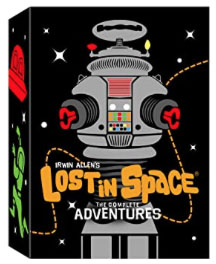 |
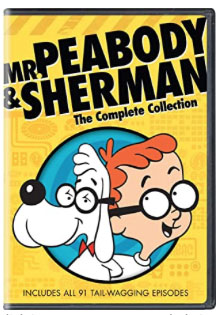 |
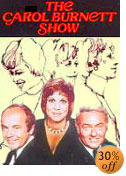 |
 |
 |
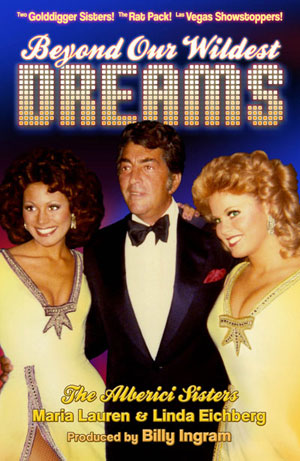 RAT PACK GOLDDIGGERS
RAT PACK GOLDDIGGERS |
|
|
||||||||||||||
| Everything
you're looking for is right here: Save money! |